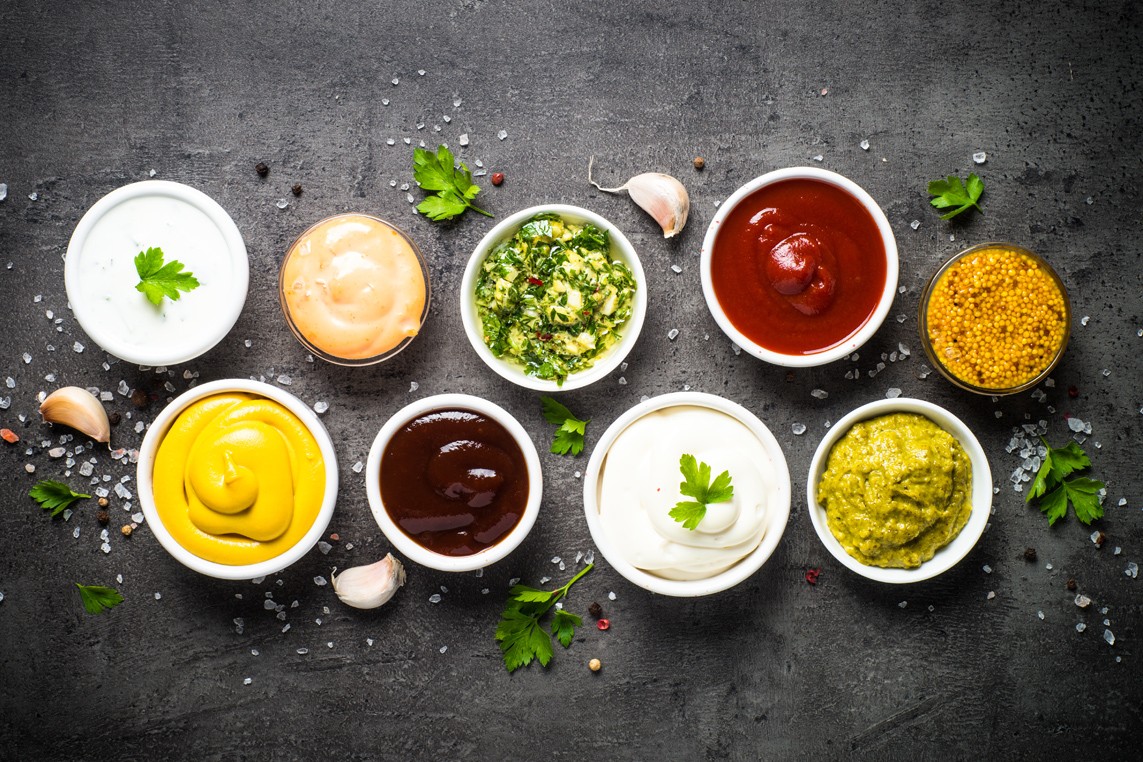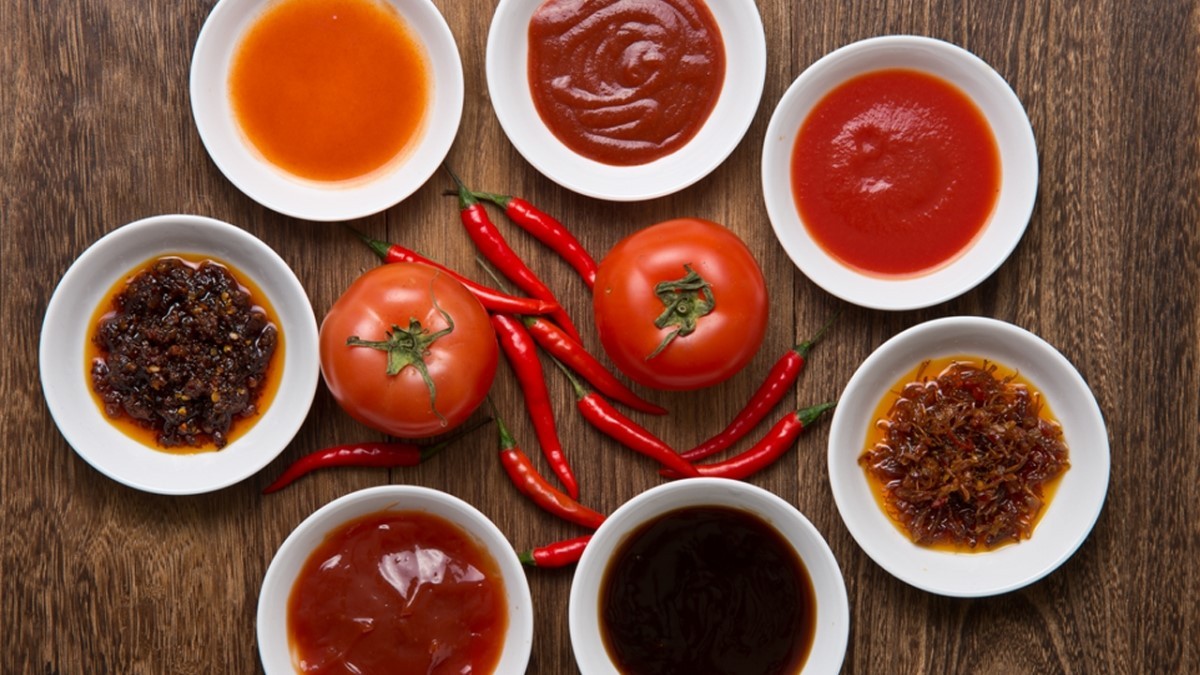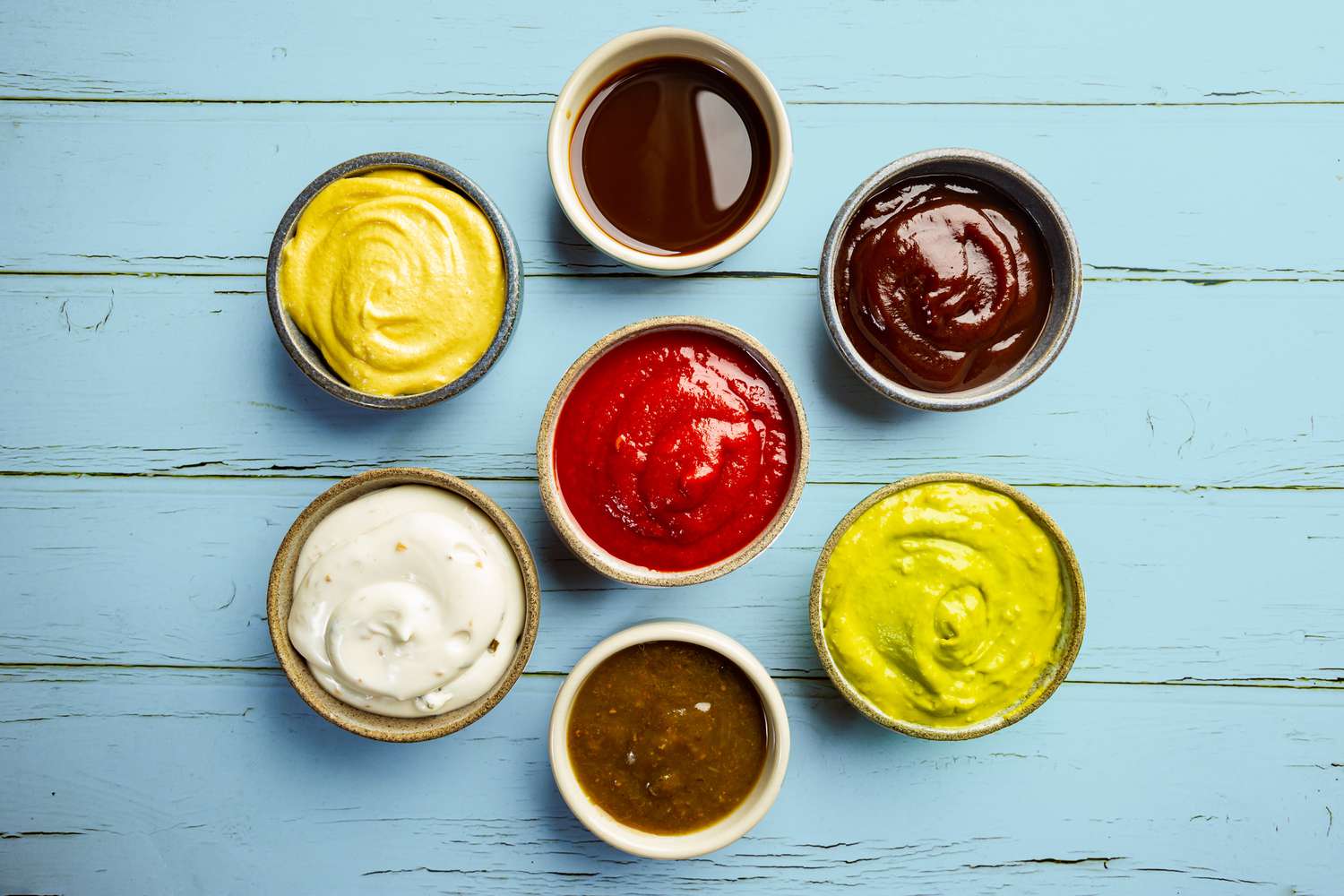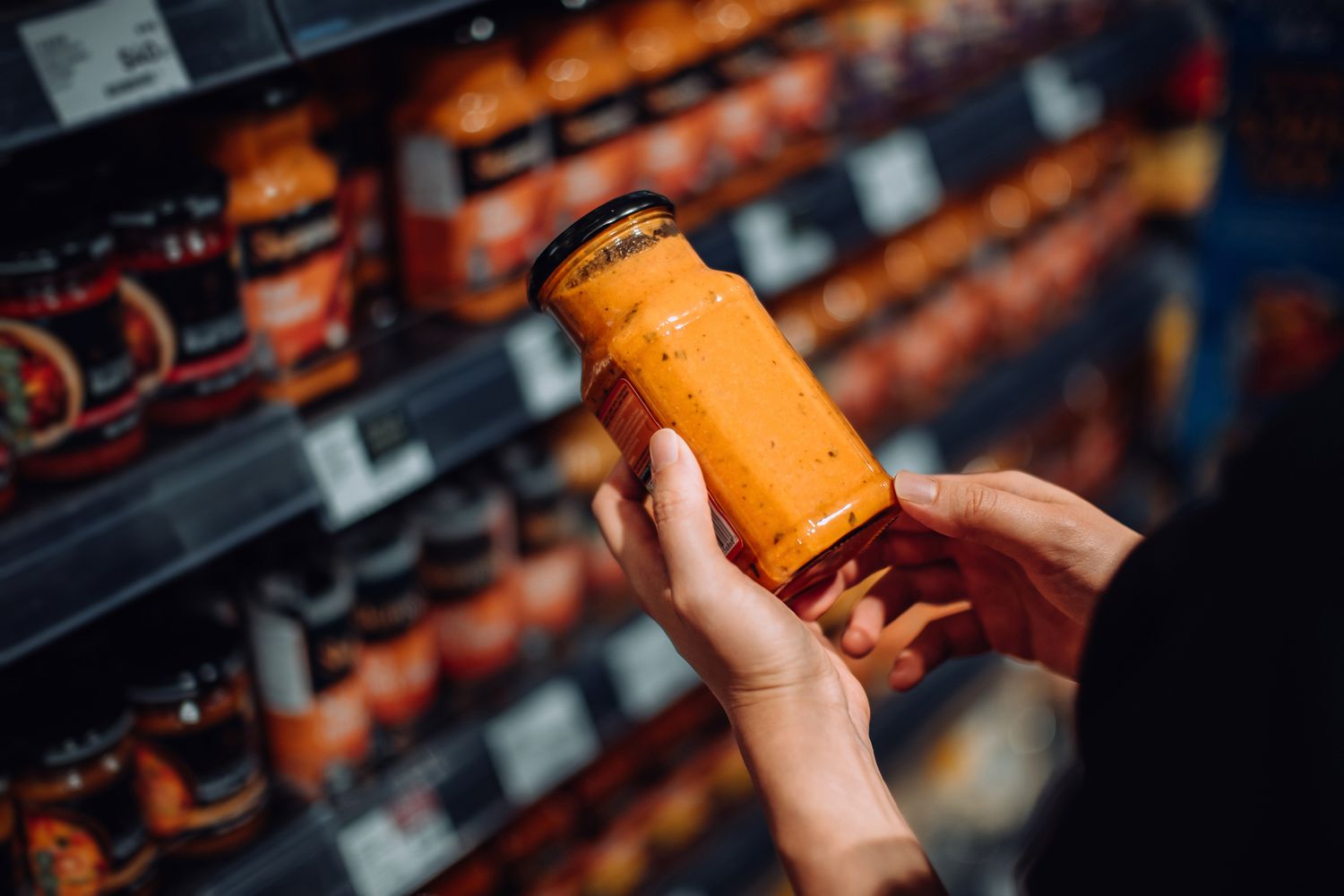In recent months, the intersection of food, culture, and intellectual property has sparked intense debates across the culinary scenario. From trademark disputes to allegations of appropriation, the battle over who owns the rights to culinary creations has taken center stage.
One notable case involves Momofuku, the renowned culinary empire led by David Chang, which recently acquired the trademark for “chile crunch” and “chili crunch.” This move led to cease-and-desist letters being sent to small businesses using similar terms for their chili oils, igniting a fierce debate in the food industry.
Small Purveyors Clash With Big Firms Over Ownership of Traditional Recipes

Similarly, Trader Joe’s faced criticism for allegedly appropriating ethnic cuisines by releasing private label versions of products sampled from small, minority-owned businesses. This practice, termed as “food hijacking,” raised concerns about the exploitation of cultural foods for commercial gain.
Another instance involves Wegmans, accused of breaching agreements with a small business founder and creating a concept similar to theirs. These incidents underscore the challenges faced by small businesses in protecting their culinary innovations from larger corporations.
The underlying issue in these conflicts is the struggle between David, representing small businesses and cultural authenticity, and Goliath, symbolizing large corporations and commercial interests. Despite efforts to defend their creations, small businesses often find themselves at a disadvantage in legal battles against industry giants.

As a small business owner myself, I grapple with the dilemma of preserving cultural traditions while leading the complexities of intellectual property rights. My brand, Poi Dog, celebrates Hawaiian food culture through a line of sauces inspired by family recipes. However, the fear of larger companies replicating my creations looms large.
The larger question at hand is the balance between honoring cultural heritage and commercial success. While trademarks offer some protection, they may not prevent larger companies from exploiting cultural foods for profit. Moreover, the normalization of misusing cultural names in the culinary industry further exacerbates the issue of cultural appropriation.

The ongoing debates surrounding food trademarks highlight the need for a more equitable system that respects cultural heritage and supports small businesses.
As we continue to lead these challenges, it’s crucial to advocate for greater awareness and accountability in the culinary world. Only then can we ensure that culinary creations are recognized and celebrated authentically, regardless of their origin or size of the creator.






Leave a Reply